Yemen's Houthi says former President Saleh must reconsider stance approved by enemies
The leader of Yemen's popular Houthi Ansarullah movement, Abdul-Malik al-Houthi, has criticized the stance adopted by former President Ali Abdullah Saleh and the forces loyal to him to create chaos in the Yemeni capital, Sana’a, calling the move a betrayal of the impoverished nation.
The Yemeni leader made the remarks via a televised speech from Sana’a on Saturday, several hours after he made another speech in which he called on the Yemenis to preserve the national security of Yemen and avoid sedition.
Earlier, Saleh had called upon the Yemeni armed forces and the police not to take orders from the Ansarullah movement "under any circumstances or at any place" and expressed his intention "to turn a new page" in relations with the Saudi-led coalition attacking Yemen if it ended its aggression and blockade on the impoverished country.
Since Wednesday, armed clashes sparked by forces loyal to Saleh have continued with Houthi forces that are in the forefront of a retaliatory war against the Saudi-led military coalition. Saleh loyalists accuse the Houthi fighters of raiding their bases across Sana’a and beyond, an allegation that the Houthi leader strongly denied.
Saleh loyalist forces “continue to move toward chaos and disturbance of security and stability” in the Arab country, the Houthi leader further said, calling Saleh’s move as a “coup” against the Yemeni alliance. He said Saleh must reassess his policies that are favored by Yemen's enemies.
“We must continue to support the fighting fronts because this plot is the last card of the forces of aggression, through which they seek to facilitate their occupation of our country,” Houthi added.
Saleh stepped down following a 2011 uprising after being in power for 33 years. His resignation in 2012 paved the way for Abd Rabbuh Mansur Hadi to assume power and rule over Yemen as the president of the poor nation. His tenure, however, did not last long. In 2014, Hadi resigned and fled the country to Saudi Arabia due to purported chaos back home.
The Houthi movement, since then, has been running state affairs after Hadi’s escape threw Yemen into a state of uncertainty and threatened a total security breakdown in the country, where an al-Qaeda affiliate is present.
Saleh joined forces with the Houthis and the Yemeni army to defend the country against the brutal Saudi aggression, which started in March 2015.
The Houthi fighters, allied with Yemeni army factions, and forces loyal to Saleh have so far been jointly fighting back the Saudi-led war, which has been accompanied by a naval and aerial blockade of Yemen.
On November 5, Yemeni forces launched a solid propellant and Scud-type Borkan-2 (Volcano-2) missile against the King Khalid International Airport, located 35 kilometers north of the Saudi capital, Riyadh, in retaliation for Saudi Arabia’s devastating campaign against Yemen.
The Saudi authorities, however, said at the time that the kingdom’s army had managed to intercept the missile, the fragments of which landed on the airport campus without inflicting any significant damage.
Following the missile launch, Saudi Arabia imposed a tight blockade on nearly all Yemen’s air, land and sea ports, exerting further pressure on the Yemeni people, who receive desperately needed humanitarian assistance through the western port city of Hudaydah and an international airport in Sana’a, both under the crippling siege.
Over the past two and a half years, the Saudi regime has been heavily bombarding Yemen as part of the atrocious campaign in an attempt to reinstall Hadi, a staunch ally of Riyadh, and to crush Ansarullah, which is in control of large parts of Yemen, including the capital. The Saudi campaign, however, has failed to achieve its goals.
UK's police arrest ex-prince Andrew over sex scandal linked to Epstein
Iran elected vice-chair of UN Special Committee on Charter
Iran envoy says decision made to exchange ambassadors with Egypt
Russia continues to develop relations with Iran: Kremlin
VIDEO | Friends of Palestine meet at UN in Vienna
Trump’s war-mongering on Iran sparks sharp rebuke from US lawmakers
Top American columnist warns of Netanyahu exploiting Trump for Iran war
VIDEO | Press TV's news headlines


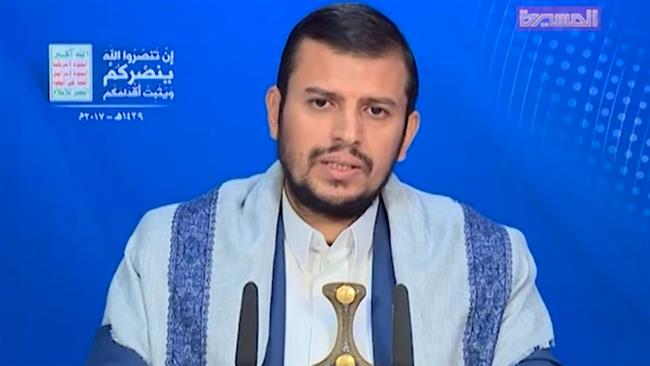
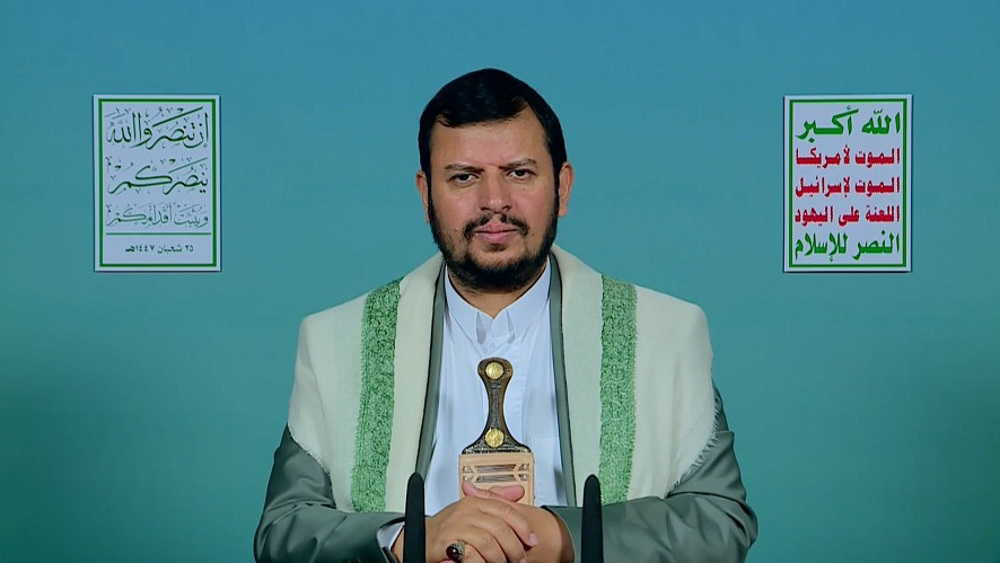
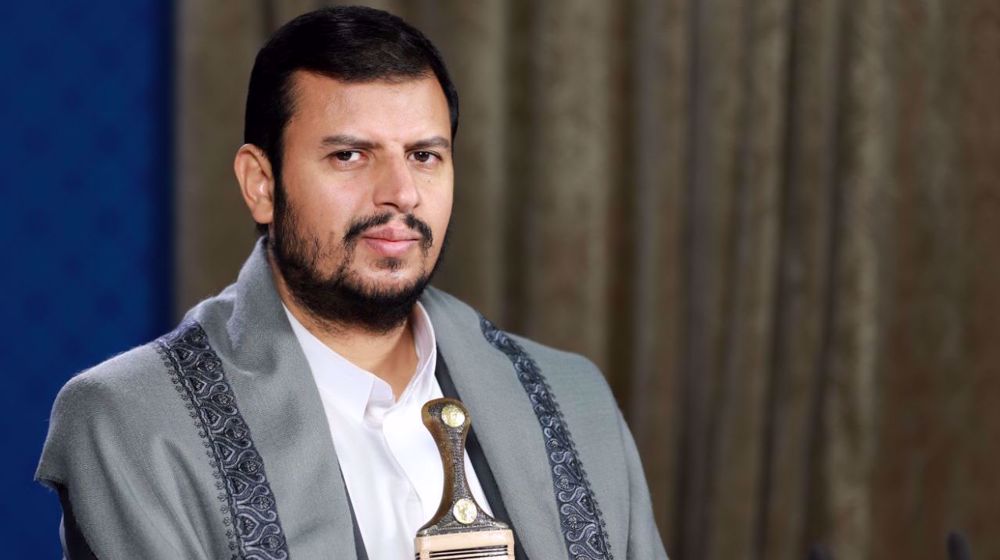
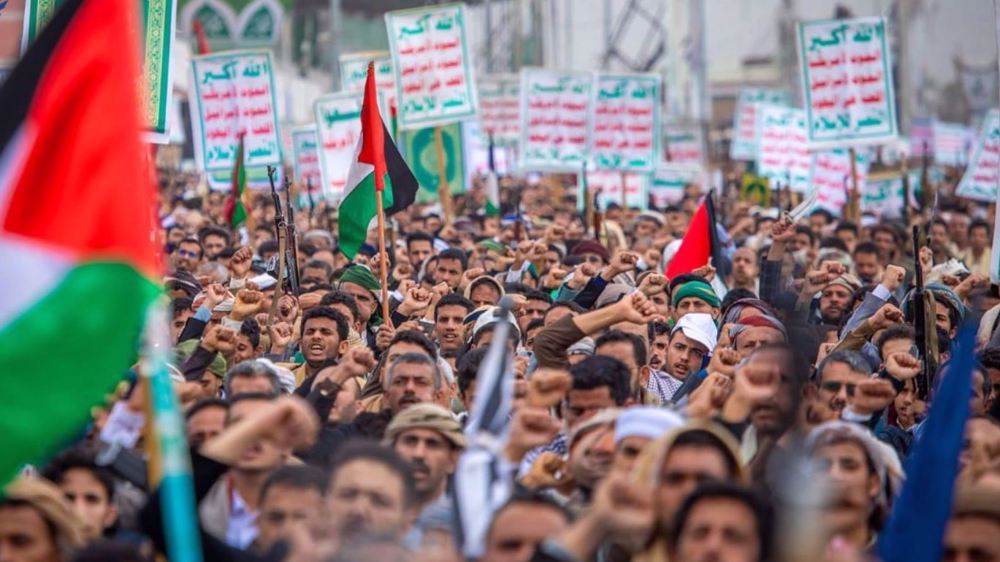



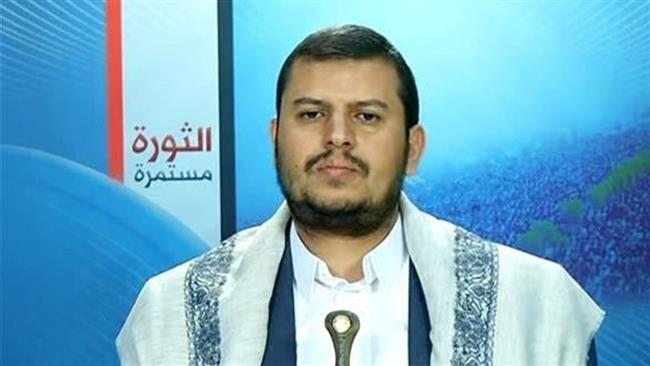
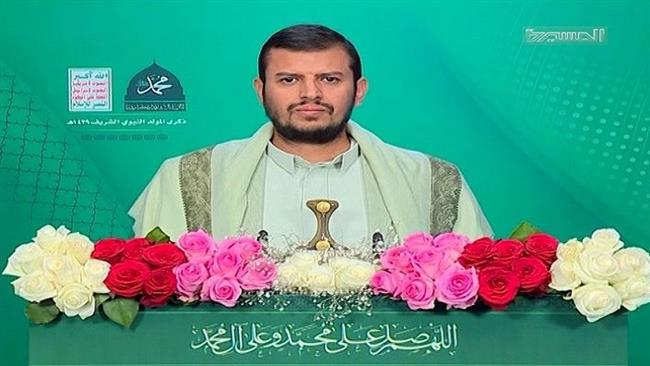

 This makes it easy to access the Press TV website
This makes it easy to access the Press TV website